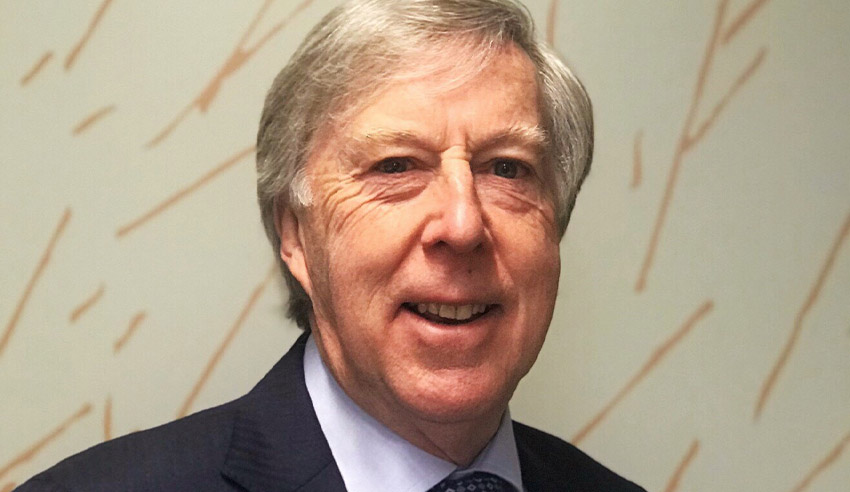News that retailer Harris Scarfe has entered receivership caps off a “nightmare year” for private sector employees, with companies plagued by underpayments scandals and job losses, says one employment lawyer.

McDonald Murholme managing director Alan McDonald said there is concern for Harris Scarfe’s 1,800 employees who are being left anxious in the lead up to Christmas. This is “just the tip of the iceberg”, he said, for what has been a “horror year for Australian workers”.
“For example, the police are demanding a 4 per cent pay rise – the other front-page story. It appears that unless private sector companies have lucrative government contracts business has been difficult in 2019.
“No wonder, the federal government revenue of $513 billion, projected to rise to $580 billion, demonstrates the pressure on business and obviously makes it difficult for business to pay workers when taxes are so high.
“Contrast America where tax rates have been slashed and unemployment has fallen to 3.5 per cent compared to Australia’s 5.5 per cent. The ATO reports that a third of large companies are not paying tax, the reason for that is carried forward losses, hardly the best way to minimise tax.”
Legally, how best can individual employees ensure they are being properly compensated?
Speaking to Lawyers Weekly, Mr McDonald said that employees should really take legal advice to assist them in navigating the complexity of EBAs and awards.
“A discrete enquiry to a lawyer can be very beneficial, the area is far too complex as we’ve seen in the Woolworths underpayments case. In many cases, the unions are not providing that advice or are soft on employers merely to protect the jobs of their members,” he explained.
When asked what can or should lawyers be doing to better support vulnerable individuals, he responded: “The best thing that lawyers can do to support vulnerable individuals is to ensure that when they act for employers, they provide fearless advice to them about the entitlements of their employees so that issues of underpayment and adverse action do not arise.
“Often most lawyers deal with employers, not the employees so it’s imperative to ensure that the lawyer is providing the right advice to avoid employees being taken advantage of,” Mr McDonald concluded.

Jerome Doraisamy is the managing editor of professional services (including Lawyers Weekly, HR Leader, Accountants Daily, and Accounting Times). He is also the author of The Wellness Doctrines book series, an admitted solicitor in New South Wales, and a board director of the Minds Count Foundation.
You can email Jerome at: